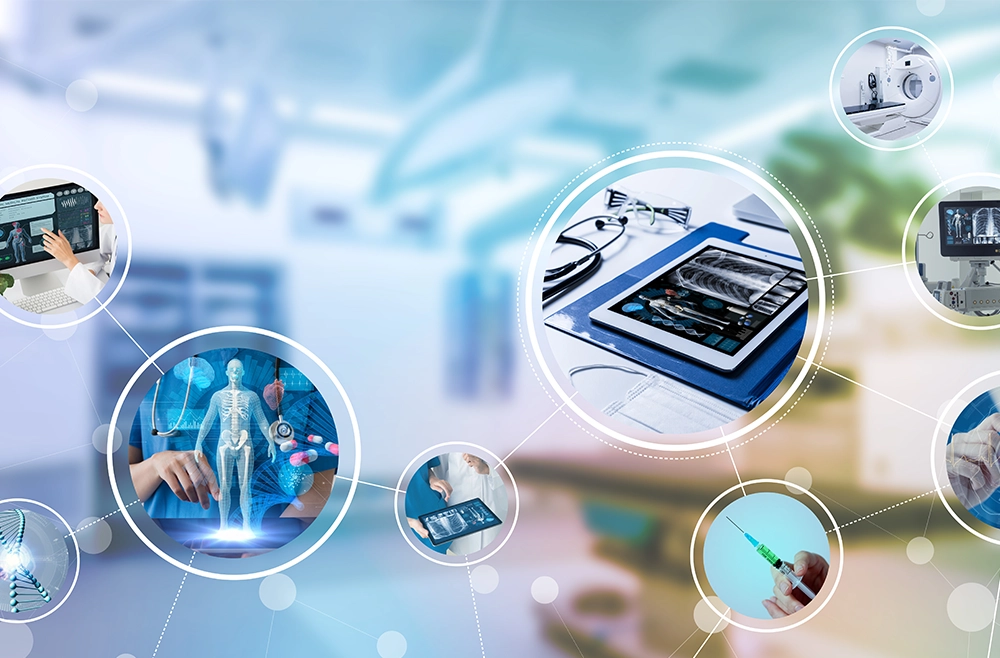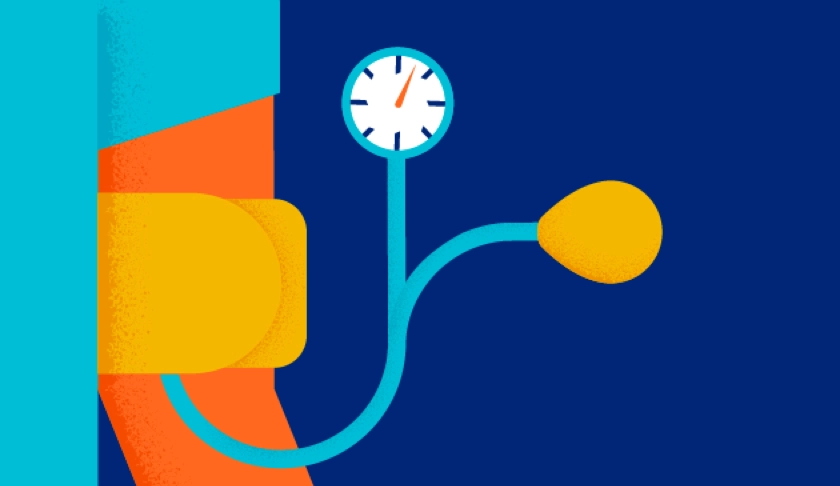Navigating the Transition: Implementing Electronic Health Records in Hospitals

In the ever-evolving landscape of healthcare, the adoption of Electronic Health Records (EHRs) stands as a pivotal moment in modernizing patient care delivery. Transitioning from traditional paper-based systems to digital records is not merely a technological upgrade but a paradigm shift in how hospitals manage patient information. This article delves into the challenges and benefits of implementing EHRs in hospital settings, exploring how these systems improve patient care coordination, enhance data accuracy, and streamline healthcare workflows.
The Challenge of Implementation
Introducing EHR systems into hospitals is not without its hurdles. The initial investment in technology and infrastructure can be substantial, requiring hospitals to allocate resources for software procurement, staff training, and system integration. Moreover, transitioning from familiar paper-based methods to digital platforms often necessitates a cultural shift within healthcare organizations. Resistance to change, coupled with concerns about data security and privacy, can impede the adoption process.
Benefits of EHR Adoption
Despite the challenges, the benefits of EHR adoption are far-reaching and transformative for both healthcare providers and patients. One of the primary advantages is the improvement in patient care coordination. With EHRs, healthcare professionals gain real-time access to comprehensive patient records, including medical history, lab results, and treatment plans. This accessibility facilitates seamless communication among care teams, leading to better-informed decision-making and more coordinated care delivery.
Additionally, EHRs enhance data accuracy by reducing errors associated with manual record-keeping. Digital documentation minimizes the risk of illegible handwriting and missing information, ensuring that patient data remains complete and up-to-date. This accuracy not only improves the quality of care but also supports clinical research and population health management initiatives.
Another significant benefit of EHR implementation is the streamlining of healthcare workflows. By digitizing administrative tasks such as appointment scheduling, billing, and prescription management, hospitals can optimize operational efficiency and reduce administrative burden on staff. Automated alerts and reminders within EHR systems also help healthcare providers stay organized and proactive in managing patient care.
Overcoming Implementation Challenges
To successfully implement EHRs in hospitals, healthcare organizations must address key challenges through strategic planning and effective change management strategies. This includes investing in comprehensive training programs to ensure that staff are proficient in using the new technology and understand its benefits. Engaging frontline healthcare workers in the implementation process and soliciting their feedback can also help foster buy-in and mitigate resistance to change.
Furthermore, hospitals must prioritize data security and privacy measures to safeguard patient information against cyber threats and unauthorized access. Implementing robust encryption protocols, access controls, and regular security audits are essential steps in maintaining the integrity and confidentiality of EHR systems.
Collaboration with EHR vendors and leveraging interoperability standards is another critical aspect of successful implementation. Seamless integration with existing healthcare IT infrastructure and interoperability between different systems enable efficient data exchange across care settings, promoting continuity of care and enhancing the patient experience.
Implementing electronic health records in hospitals represents a significant step towards modernizing healthcare delivery and improving patient outcomes. While the transition may present challenges, the benefits of EHR adoption are undeniable, ranging from enhanced care coordination and data accuracy to streamlined workflows and improved operational efficiency. By addressing implementation challenges proactively and prioritizing patient-centric care, hospitals can harness the full potential of EHR systems to transform the way healthcare is delivered and experienced.






